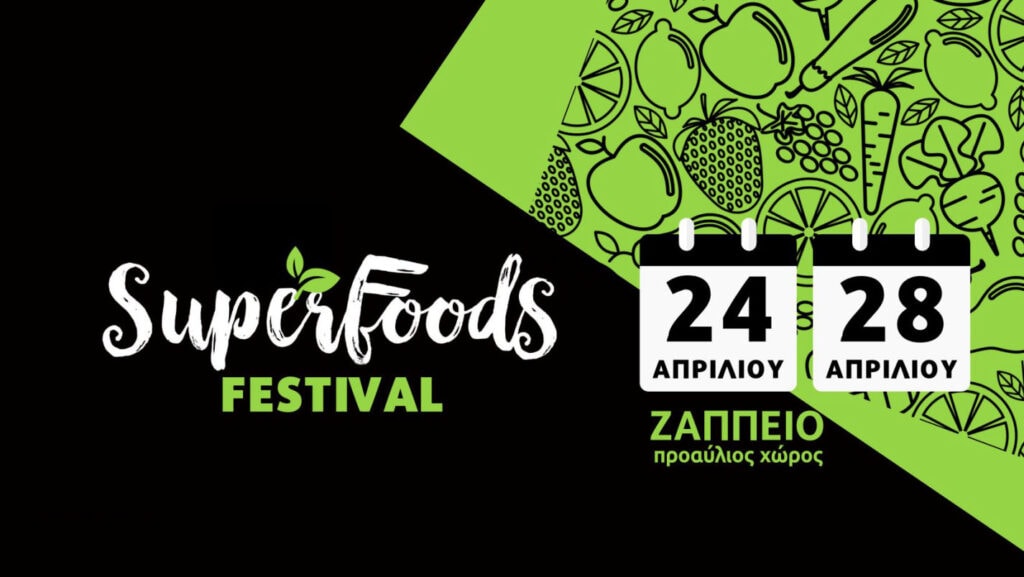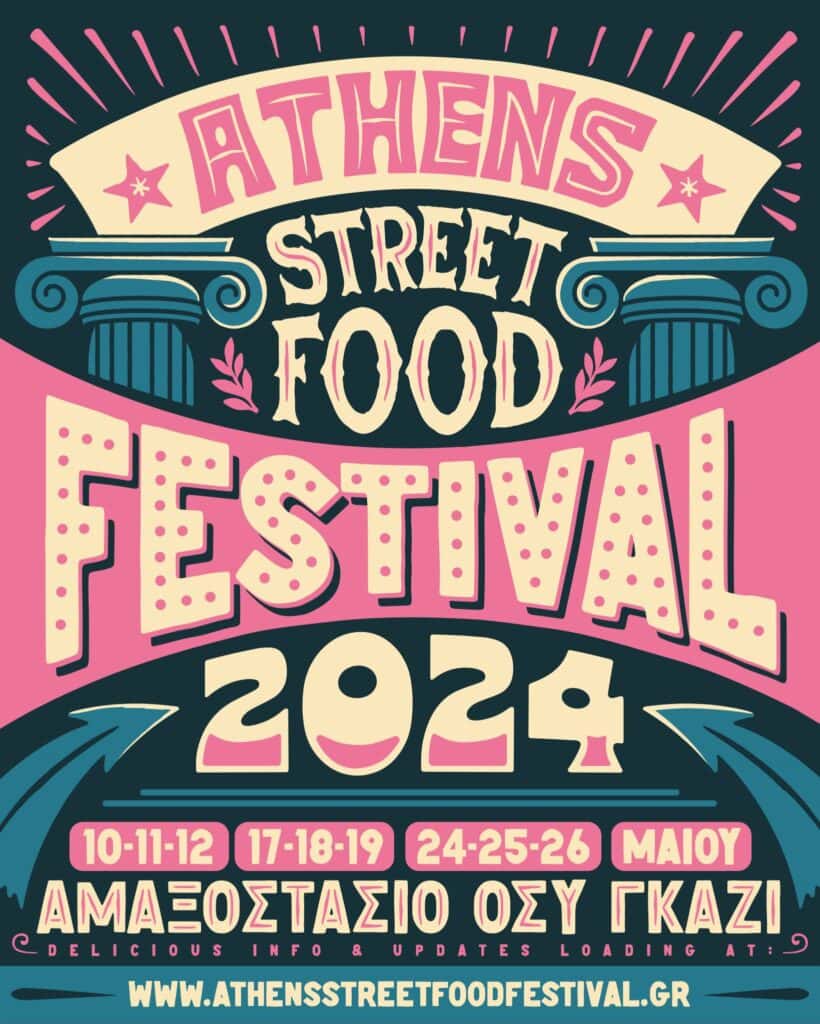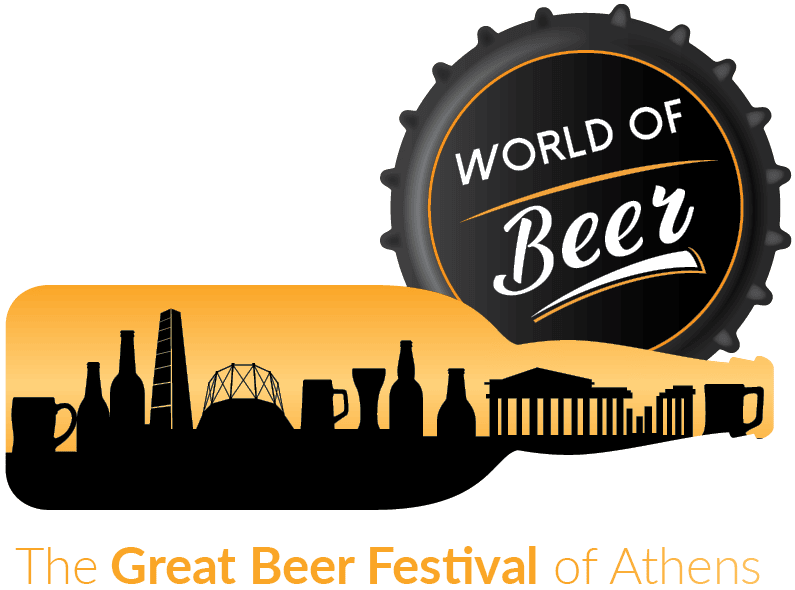Samos is a Greek island in the eastern Aegean Sea off the coast of western Turkey, from which it is separated by a 1.6-kilometre strait.
In ancient times Samos was an especially rich and powerful city-state, particularly known for its vineyards and wine production. It is home to Pythagoreion and the Heraion of Samos, a UNESCO World Heritage Site that includes the Eupalinian aqueduct, a marvel of ancient engineering. Samos is the birthplace of the Greek philosopher and mathematician Pythagoras, after whom the Pythagorean theorem is named, the philosophers Melissus of Samos and Epicurus, and the astronomer Aristarchus, the first known individual to propose that the Earth revolves around the sun. Samian wine was well known in antiquity, and is still produced on the island.
The island was governed by the semi-autonomous Principality of Samos under Ottoman suzerainty from 1835 until it joined Greece in 1912.
Gastronomy – Local Products
The cuisine of Samos has influences from Asia Minor and is distinguished by its unique flavors. The excellent local dishes are made from local products using abundant seasonings.
The traditional Easter oven-baked goat is considered to be a specialty of the Samian cuisine and, more specifically, stuffed goat-back roasted in the oven with potatoes, or as kokkinisto (with red sauce). An important place in the cuisine of Samos is also held by the revithokefte (chickpea meatballs), kolokythanthi fried or stuffed with rice, and the egg kambounia, that is, chopped onion shoots fried with eggs. In addition, there is boureki that differ greatly from the boureki found in other parts of Greece, since they are filled with yellow zucchini and local cheese, cinnamon and other spices, and are either fried or baked in the oven. They are a wonderful combination of the sweet and the savory, sometimes sprinkled with cheese and sometimes with honey. Wonderfully flavorful also are the island’s gemista stuffed vegetables that, aside from tomatoes and bell peppers, include eggplant and onions. There is also the giaprakia, with vine leaves from the island’s famous muscat vineyards.
Unique is the so-called yiorti, which is made exclusively by the faithful for the celebration of saints. It is made from goat which has been boiled in a kettle for around 12 hours, along with a lot of onions and ground wheat. This dish is served hot immediately following the Holy Liturgy. Also characteristic is the keskekior kiskek, which is cooked in a low heat overnight on New Year’s Eve, ready for serving on the dinner table for New Year’s Day. It is made from the same ingredients as the yiorti, except that the wheat, rather than ground, is husked and used whole.
Notable are the traditional tiganites (pan cakes) which are eaten with cheese or petimezi.
Among the sweets, a place of honor is held in Samos’ cuisine by the xerotigana or diples or katmaria,which the housewives serve as treats for festive family moments.
There is also moustalevria, petimezi, baklava and katades, a delicious Christmas sweet similar to stuffed melomakarona, sprinkled with powdered sugar. Tahinopita, a pie or bread with tahini, delicious sweets made especially for Ash Monday. Starozoumo, a sweet soup, is made from wheat, tahini, grapes, sugar, cumin, cloves, cinnamon and pomegranate and is served both for memorial services and on Good Friday.
Finally not to forget to mention the local products such as the famous fragrant muscat wine a of a worldwide reputation, a protected Designation of Origin (PDO) wine, Samos Olive oil, honey, ouzo and souma, as well as herbs and essential oils.















